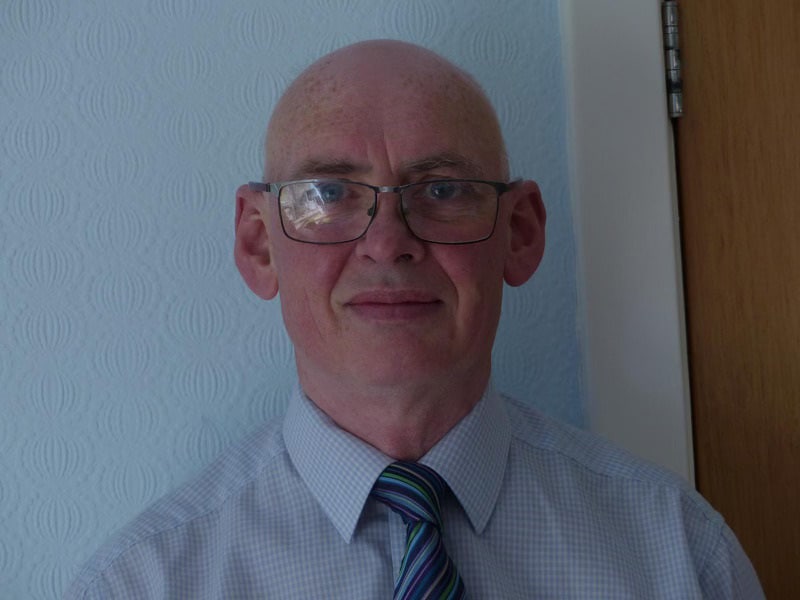Guest article: How the coronavirus pandemic has impacted assistive technology services

In this article, Paul Charlton, Senior Orthotist at Peacocks Medical Group, discusses how the coronavirus pandemic has impacted assistive technology services and what this has meant for patients on hospital waiting lists.
Like many other organisations, the pandemic really affected us. Overnight, it changed the way we operated. From being a fast-paced company, we had to stop, regroup and assess how best we could help patients, whilst hospitals made way for COVID wards.
It was also imperative that we introduced rapid interventions to keep our workforce safe while we looked for solutions to provide continuity of products and services to patients.
Initially, we worked closely with a number of trusts to rearrange our services, as we looked at new ways to ensure that orthotic services were not forgotten and worked hard to support patients and staff. We seconded colleagues to support the NHS frontline; they had to adapt quickly and we had to assist them through this transition.
When COVID hit, non-elective surgery was cancelled. We are seeing many patients on surgery lists and helping manage their pain and maintaining their mobility by orthotic treatment and provision.
Our managing director, David Stevens, describes orthotics as a Cinderella service, sometimes ignored, little understood and often forgotten about. However, we transform lives every day, whether that is a young child with an acute condition such as cerebral palsy, or an elderly person who needs our footwear to enable them to walk for daily exercise.
It is a vital healthcare treatment. Not only does it enable people to better function and improve quality of life, but it also saves the NHS and society millions of pounds every year by preventing conditions such as diabetic ulcerations from worsening or improving bio-mechanic function, allowing improved mobility and pain management.
So, via telephone reviews and video appointments we were able to assess and help patients and those people in need of urgent treatments who were admitted to hospital. This was a significant change in the way we practiced and has allowed us to continue to see patients whose conditions may otherwise have been exacerbated.
Through digital technology, patients who needed aides or splints repairing, could drop them off at our Newcastle headquarters. Adhering to strict COVID regulations, we were then able to repair them. Without which, patients could be left with mobility issues, severely affecting their quality of life and wellbeing, all of which was in the midst of a pandemic where lifestyles were already impacted.
A case that springs to mind was a three-year-old girl who had spina bifida. She suffered from internal rotation, affecting her balance, and was just learning to walk. By video calls from her garden, I was able to assess her progress when wearing splints, which helped to protect her feet and safely work on her development.
Through biomechanics, we are improving the quality of patients’ lives. This not only has a profound impact on the physical health of a patient but also has a big mental impact. It is crucial that we continue to show the NHS how important this is.
We also utilised our factory facility as a production line supplying masks to trusts throughout the UK. The masks had to be tested for those NHS staff working in close proximity to COVID-positive patients. We worked with one trust to provide a mask fitting and testing service, dramatically changing how we operated for a few months.
Life, as we know it, slowly returned to normal, and we are trying to open up our services within GP practices and trusts so that we can see patients as often as we can.
We are also still seeing a backlog with the NHS as it grapples with delays, yet we have also seen how innovation and digitalisation can really transform how we operate and this will only continue.

